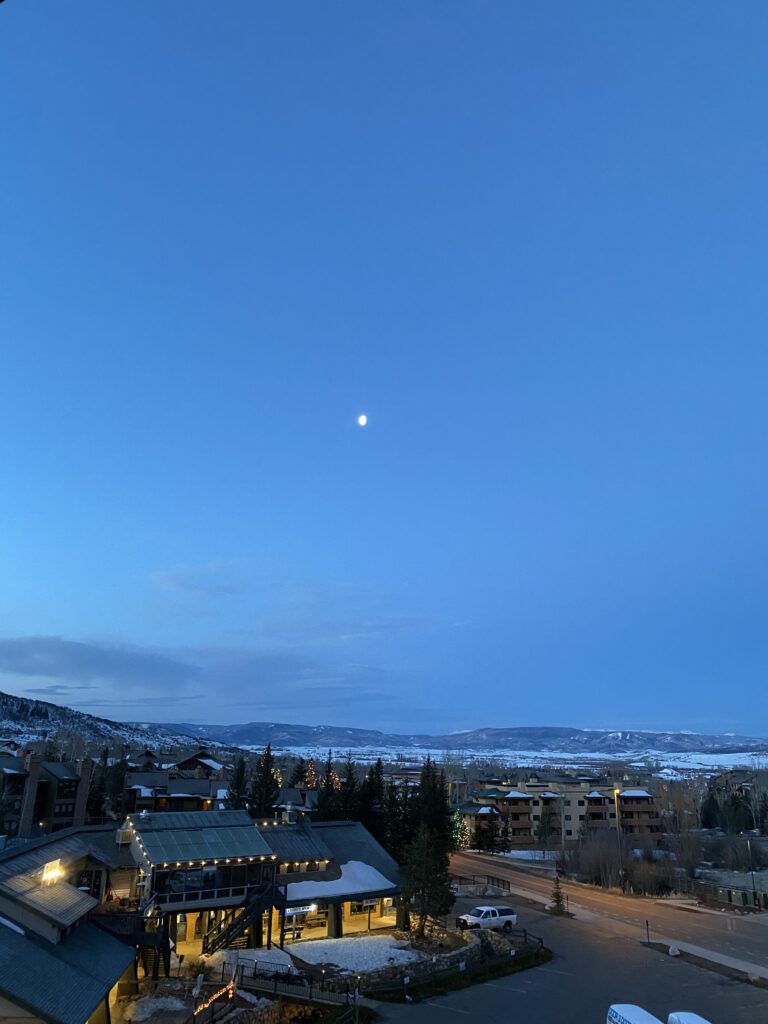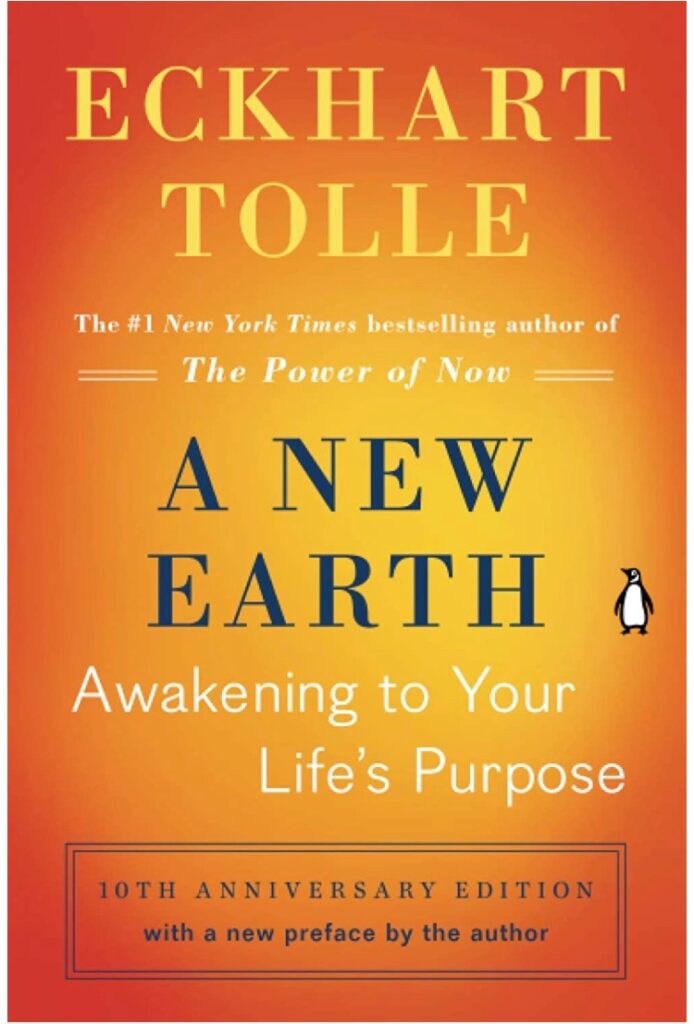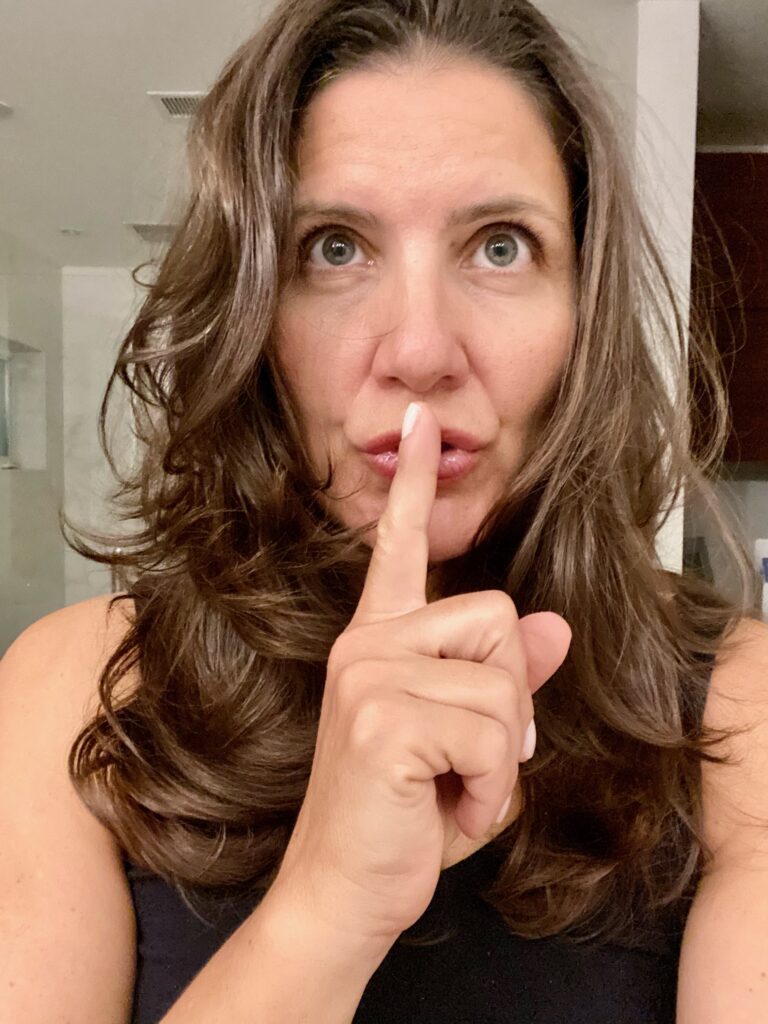
Last week our family was lucky enough to leave town, enjoy the mountains and mark the anniversary of quarantine, OUT of quarantine. A break from the monotony did everyone good. I figured we’d come home ready for a photo finish to this bizarre school year and I’d meet my book proposal deadline in a quiet house. Having completed the manuscript months ago, it was past due to get out the door.
The first sign that the universe did not subscribe to my vision came when one kid sustained a mild concussion on the slopes the morning I stayed in to write. That same day, my intended reconciliation with the LA relatives—the only family in the town where my daughter will soon attend school 3000 miles away—fell apart completely. We all arrived back to Miami safely, only to have another child flattened by bronchitis and the last one standing taken down by a fresh crisis. My next move would dictate the vibe going forward.

According to Eckhart Tolle, if we approach everything in life with acceptance, enjoyment or enthusiasm, we avoid suffering. This approach may sound too simplistic to be worth a damn. To claim that we can actually do something to avoid all suffering conjures an image of some ashram dweller who doesn’t have a clue about real life. (If you aren’t familiar with Tolle’s theory and want to listen to a quick podcast about it, try this episode of Bliss & Grit at http://www.blissandgrit.com/blog/acceptance-enjoyment-enthusiasm.)
To accept the truly unacceptable sounds too self-annihilating for a healthy state of being. So let’s talk about what it really means. Real acceptance is internal. It acknowledges how we feel when the crappy thing happens and then how we treat ourselves as a result.

So in this instance, I have the option to accept that all three kids need my attention when I have a project looming and my husband dutifully leaves for the office. I can make decisions about the next right thing to do from a calm place OR I can use my inner resources to fight against what is, i.e. complaining about how much THIS SUCKS.
Acceptance doesn’t mean “bright-siding” it like now I get to spend time with my kids and get none of my work done. YAY. I acknowledge the feeling of disappointment and give myself some grace. It’s okay Elizabeth. You will find the time. Just not right now.
Acceptance isn’t a passive act. We don’t have to accept external experiences and do nothing about them. We do what needs to be done to deal with the reality in front of us. Make ginger, honey and lemon tea for the sore throats (yes, now there are two), paying close attention and stay present. Accepting reality is not pasting a happy face over my sad one. It is an internal recognition of what is arising inside me when my plans are trashed again. It’s not arguing with what is happening but meeting it with as much curiosity as I can muster and a fresh batch of clean energy.
Hard human experiences may take a while to accept. In the scheme of things, my issue is a pebble in the road. But even when we are confronted with really hard truths, our body registers the relief when we accept them as they are. Like when you have an inkling you are being lied to and then find conclusive proof. Yes, it’s painful, but the body recognizes truth and finds peace in it. When you finally face something you’ve been avoiding, you get relief. The opposite happens when we choose to run away from it and then get nowhere—it causes stress.
Once you accept and sit with truth, creative options arise. When we move from a place of resistance, that movement brings clarity and invites ease and freedom. I will prepare for my upcoming writing workshop and figure out the best timing for the proposal when I get back.
Tolle recommends that if you can neither enjoy nor bring acceptance to what you are doing, stop. Otherwise, you are not taking responsibility for the only thing you can really control, i.e., your state of consciousness. This may sound rather luxurious, like what if you have a filing deadline with the court and you are just not feeling it. Then you have no option but to accept it and get the job done.
“If you are not taking responsibility for your state of consciousness, you are not taking responsibility for your life.” Eckhart Tolle
I find acceptance tricky but doable. The second preferred state of consciousness is a whole different thing: enjoyment. I thoroughly enjoy reading and would do it all day every day if I could. According to Tolle, we can transform tasks we don’t naturally enjoy by changing our awareness while we do them. Like the act of washing dishes—focusing on the warm, soapy water, the quiet moment, etc. You will enjoy any activity in which you are fully present, any activity that is not just a means to an end. It isn’t the action you perform that you really enjoy, but the deep sense of aliveness that flows into it. That aliveness is one with who you are. For now, I’ll just have to take his word for it.
Dealing with hardship, as unfun as it is, is more comfortable for me than enjoyment because it feels like a loss of control. It requires me to just be, not to have expectations of the moment or what I have to do next. Conditioning gets in the way of simple enjoyment of what we are doing. It has placed fixed ideas of how things should be, instead of allowing them to naturally unfold. Trying to conform to outward expectations has interfered with my general enjoyment. When we heap expectations of how were are supposed to be, that is the opposite of just being which brings enjoyment. In this society we often live as our own objects, i.e. happy people do THIS, a good life looks like THAT. My former therapist used to say “expectations are the killers of life.” When we have no expectations, beautiful things happen. “(L)et the soft animal of your body love what it loves.”*
Contrary to what we have learned, we don’t have to be engaged in some perfectly curated moment to cultivate joy. In fact, when we force and manufacture our every move, that kills it. Being in the present moment is all there is—including going through the motions of dinner prep. Whisking equal parts honey, dijon mustard and tamari and plopping in a salmon filet to marinade. I will focus on the flow of the amber honey next time and see if I enjoy it.
We know that stress kills joy. Expectation kills joy. Joy only comes from allowing ourselves to be in the moment with no judgment. For me, this is the most challenging state of consciousness. I have internalized how everything should be instead of allowing it to unfold as it is. But I do know that when I watch all three kids skiing down the mountain in front of me, I feel true joy.

Lastly, we can find ourselves in a state of enthusiasm when we are in alignment with the present moment and connected with our purpose. The visual Eckhart gives in the book is pulling back a bow, flinging an arrow and watching it glide through the air with ease. It is the moment you allow your gifts to come through you. The book Flow by Mihaly Csikszentmihalyi explores this concept. When there is effortless movement towards something, the energy and resources show up. When I wrote my book—that was flow. There is synchronicity. It just feels right, you feel lead.
Enthusiasm means there is a deep enjoyment in what you do plus the added element of a goal or vision that you are working toward. When you add a goal to the enjoyment of what you do, the vibrational frequency changes. At the height of creative activity fueled by enthusiasm, there is intensity and energy behind what you do. I imagine when my friend Katie is sewing, she is happily in flow.
To the outside observer, it might appear that you are under stress, but the intensity of enthusiasm has nothing to do with stress. Only when you want to arrive at your goal more than you want to be doing what you are doing, do you become stressed. As with the other two states of consciousness, the goal is to stay present to what you are doing, be in flow. Writing is that for me.
The moral of the story is that taking responsibility for our consciousness allows the best chance to discover our flow, to enjoy our lives and to be at peace with reality.
When we stay focused on the present moment, our body is at ease. From that state, we are rewarded with the sense that it’s all going to be okay.
Love,
Elizabeth
WRITING PROMPT:
Can you think of times you were in acceptance, enjoyment or enthusiasm? Do you have a tendency to fight reality or accept it? What makes you feel enthusiasm and flow?
If you don’t already, you can subscribe to my weekly stories at elizabethheise.com. Are you on social media? Let’s connect on Instagram @elizabethheise1, or Twitter @heiseelizabeth1. Thank you for reading.
*Mary Oliver captures this concept beautifully in her poem Wild Geese below:
Wild Geese
You do not have to be good.
You do not have to walk on your knees
for a hundred miles through the desert repenting.
You only have to let the soft animal of your body
love what it loves.
Tell me about despair, yours, and I will tell you mine.
Meanwhile the world goes on.
Meanwhile the sun and the clear pebbles of the rain
are moving across the landscapes,
over the prairies and the deep trees,
the mountains and the rivers.
Meanwhile the wild geese, high in the clean blue air,
are heading home again.
Whoever you are, no matter how lonely,
the world offers itself to your imagination,
calls to you like the wild geese, harsh and exciting –
over and over announcing your place
in the family of things.